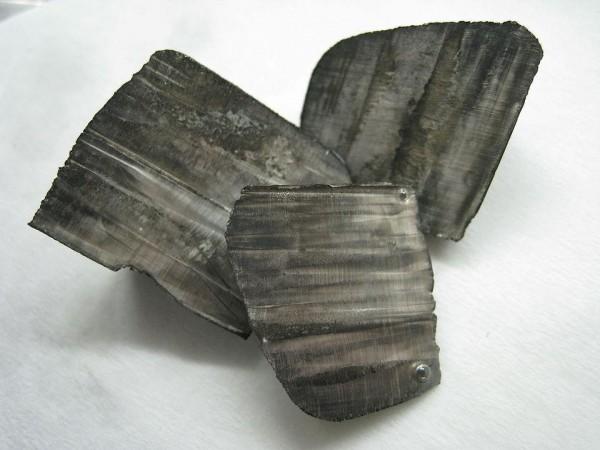The Union Government is going to invite bids for the auction of the county's first Lithium reserve found in the Reasi district of Jammu and Kashmir.
The Geological Survey of India has for the first time established Lithium inferred resources (G3) of 5.9 million tonnes in the Salal-Haimana area of the Reasi district of Jammu and Kashmir. According to a report in the media, the bids will be invited by the Central government soon.
The Centre is expected to invite bids for the newly discovered Lithium reserves in Jammu by June, a report said. The move might give India access to the strategic mineral that is used in mobiles, and electric vehicles (EVs), among others.

The discovery of 5.9 million tonnes of the metal in Reasi in Jammu and Kashmir has made India the seventh-largest holder of Lithium reserves
Reports quoting official sources said that like any other government auction, this would also be open to all, with one key condition that the Lithium is refined only in India and not sent abroad for processing.
Terrorists threaten against mining Lithium
Jaish-e-Mohammed's proxy outfit People's Anti-Fascist Front (PAFF) has issued a letter threatening to attack the newly discovered Lithium mines in Jammu and Kashmir. In the letter, the terror group threatened to attack the newly discovered Lithium mines in Jammu and Kashmir.
In a statement, the terror group's spokesperson said it would not allow the "exploitation" and "theft" of resources of Jammu and Kashmir.
"These resources belong to the people and should be and will be used for the betterment of the people of Jammu and Kashmir," it said. It also warned Indian companies, saying it would attack the firms that dare to be in the "troubled waters" of Jammu and Kashmir.
5.9 million tonnes of Lithium reserves found in J&K's Reasi district
Lithium reserves were found for the first time in the country and that too in the Reasi district of Jammu and Kashmir Union Territory.

"This is for the first time that Lithium reserves have been discovered in the country and that too in Jammu and Kashmir," informed Union Mines Secretary, Vivek Bharadwaj while speaking at the 62nd Central Geological Programming Board meeting in New Delhi on February 10.
On the occasion, Vivek Bhardwaj also handed over two Major Mineral Blocks Geological Reports of Lithium Blocks in Jammu Division and G3 Study (Advanced Study) of Lithium, AI and Titanium in Jammu division, located in Reasi District to Secretary Mining J&K Amit Sharma for taking further necessary action in the matter.
The Lithium deposits are very critical for India as the government has been focussing on electric cars, especially in the metro cities including Delhi, Mumbai, and others.
Importance of Lithium
Lithium is a non-ferrous metal and is one of the key components in rechargeable batteries for mobile phones, laptops, digital cameras, and electric vehicles. It is also used in some non-rechargeable batteries for things like heart pacemakers, toys, and clocks. Currently, India is import-dependent on Lithium.
Earlier, the mines ministry had said that to strengthen the critical mineral supply chain for emerging technologies, the government was taking several proactive measures to secure minerals, including Lithium, from Australia and Argentina. Currently, India is import-dependent on many minerals like Lithium, nickel, and cobalt.
More recently, Lithium has been a central player in the development and production of renewable energy technology. Its ability to store energy has been crucial in capturing and storing energy created through wind, solar, and hydropower, and many pieces of machinery or technology have lithium batteries to maintain and distribute that energy long after the source has stopped producing energy.
Solar-powered vehicles, for example, can only generate energy while the sun is out, but Lithium batteries can continue to provide previously-generated energy after the sunshine is gone.









!['Had denied Housefull franchise as they wanted me to wear a bikini': Tia Bajpai on turning down bold scripts [Exclusive]](https://data1.ibtimes.co.in/en/full/806605/had-denied-housefull-franchise-they-wanted-me-wear-bikini-tia-bajpai-turning-down-bold.png?w=220&h=138)



